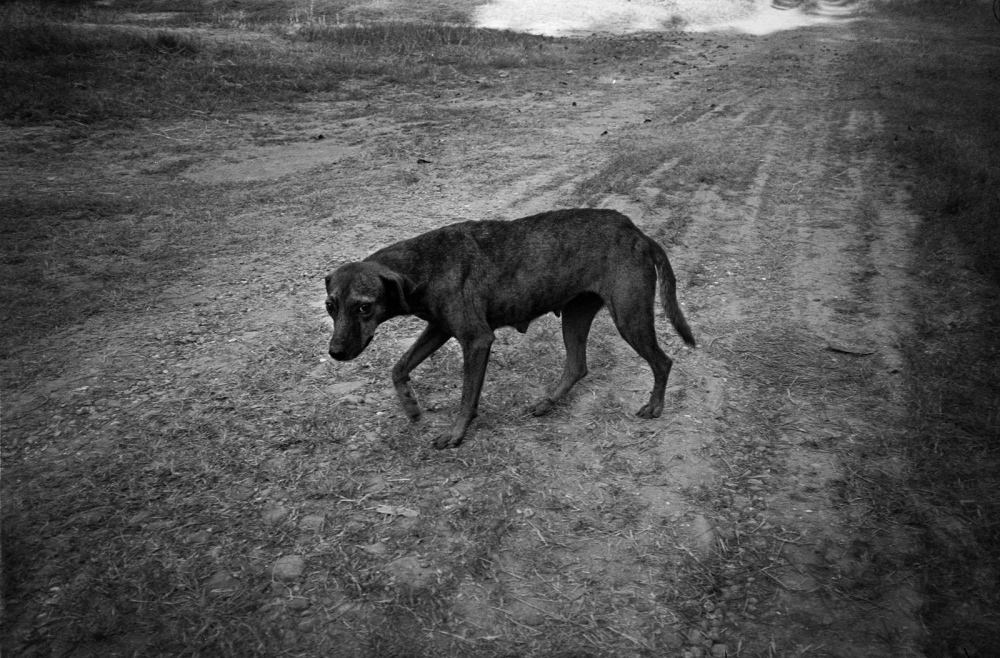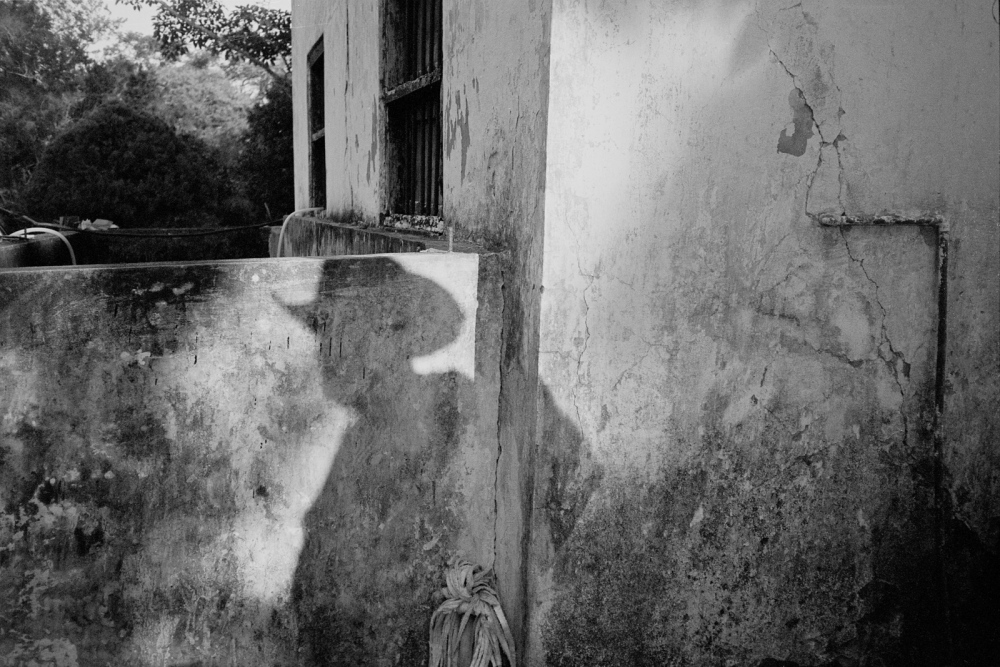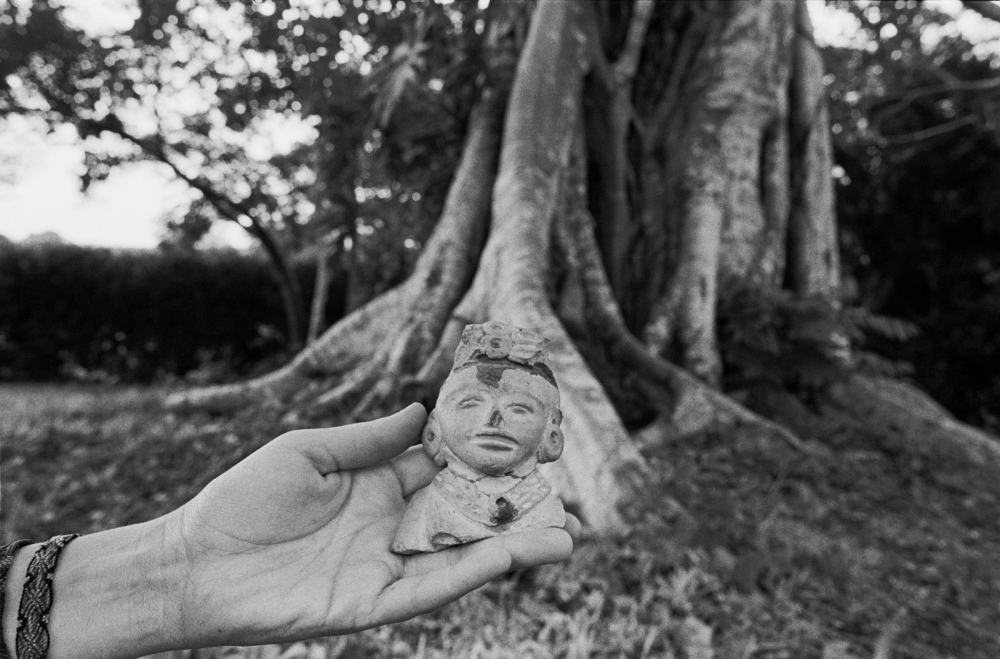I lived in Mexico at a formative stage of my life (1962-73) "“ as a young painter in quest of adventure, a newlywed, a mother, an instructor at the the School of Architecture at the University of Mexico, as an apprentice photographer, an exhibiting artist and an active participant Mexico City's 1960s culture. I speak Spanish fluently and have family-in-law by my first husband, some who live in Mexico City and others at a ranch in the north of Veracruz.
The first time I went to the ranch was with my soon to be husband, in 1963. Heavy rains had turned the roads into a sea of mud and it took over eight hours to traverse the last thirty kilometers by taxi, on horseback and on foot. The manor was a traditional Mexican ranch with Bauhaus overtones, designed by my architect husband, a recent graduate of the University of Mexico. The house still lacked windows and doors, had no electricity, and on that particular day, no running water when we arrived tired and dirty from the road.
Stepping into that world I felt as though I'd arrived at the realm of "magic realism," long before that phrase was coined. Mesmerizing tales and legends told by my soon to be sister-in-law dated back to the times of the Mexican revolution and before. She had trunks of old photographs and documentation tracing her lineage back to indigenous tribes on one side and colonial Spaniards, on the other - a true daughter of the Mestizo culture.
I still go back every few years, splitting my time between the ranch in Veracruz, and Mexico City where I used to live. On my last two visits I began a series of photos that aim to explore the complexities of Mexican identity, the strata of history that coexist in the present, and the daily lives of ordinary people living alongside the stress of the drug wars.
* * * *As happens, disaster often makes a bigger noise in international headlines than it does close to home - so when I arrived in Mexico City on December 15, 2009, after a twelve year absence, I wasn't entirely surprised that at least on the surface, daily life looked like it had always looked. Busses were running, people heading to work, kids to school, traffic jams snarled, the metro felt safe and people were friendly - it felt like home. But when I visited my old friends in Cuernavaca, that city was in a state of siege, with tanks and machine gun toting black-masked security forces patrolling the streets. I didn't dare pick up my camera. All of this had to do with the fact that two days earlier the army ambushed and killed Carlos Beltran Leyva, the "chief of chiefs" of the Sinaloa Cartel. A Special Forces Marine who died during the confrontation and was buried with military honors for organizing the ambush. The following day, a group of gunmen retaliated by assassinating his entire family - and so it goes. "¦












































